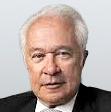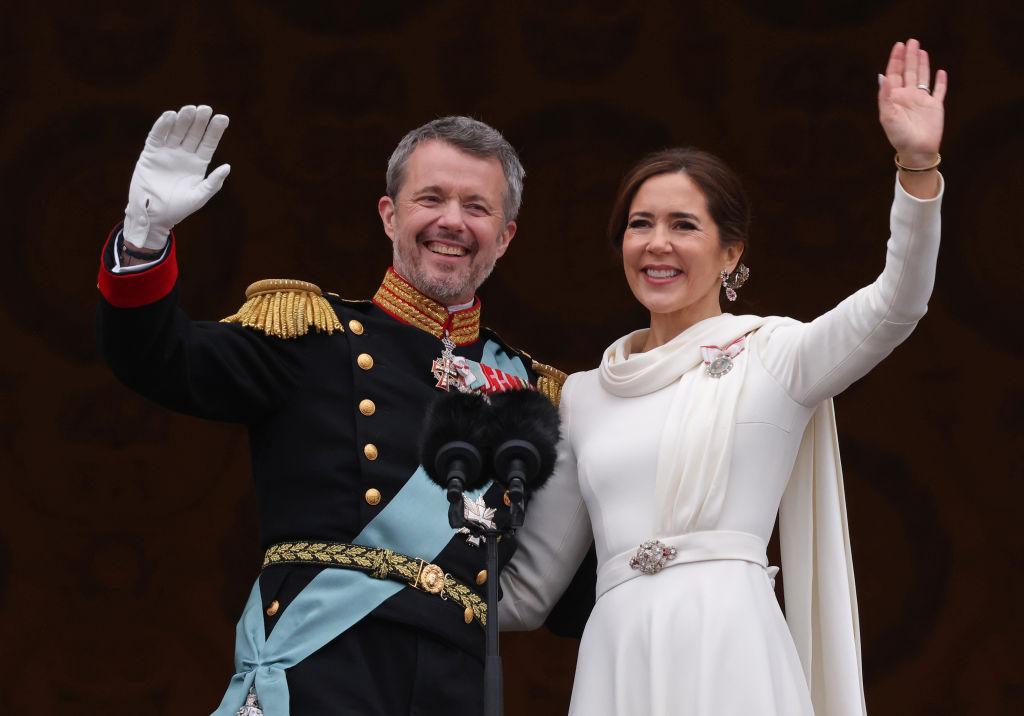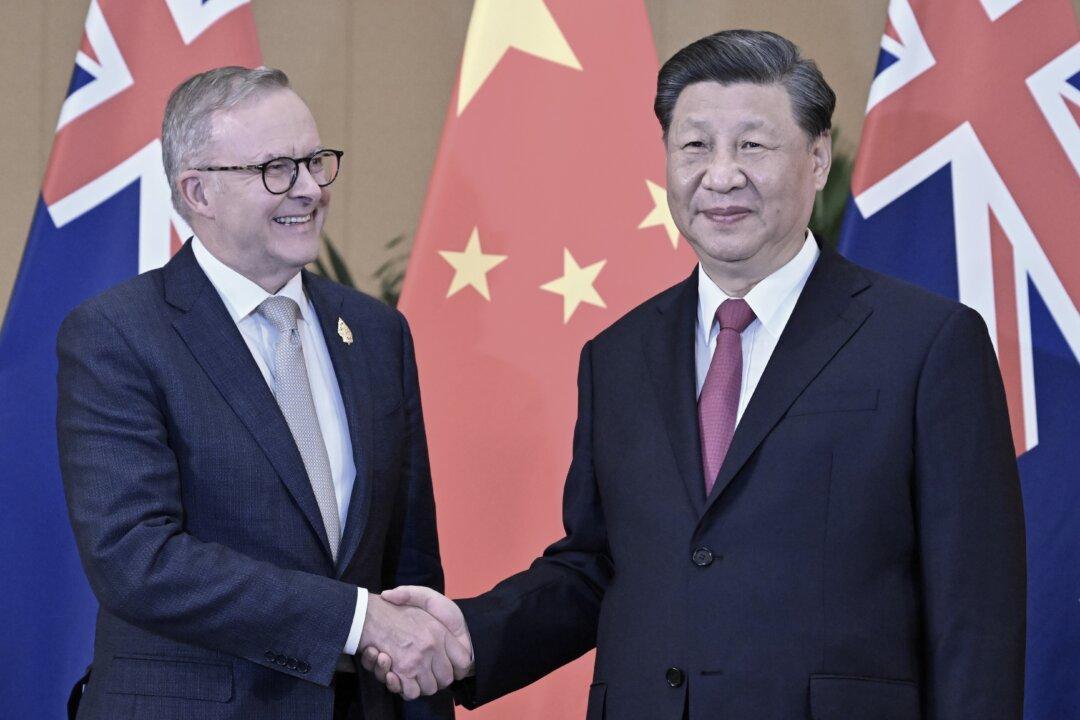Commentary
To those who wonder what the overruling of Roe v. Wade has to do with other countries, the fact is that as the dominant Western power, the institutions and culture of the United States, including its jurisprudence, have a worldwide impact.





